Gaca: A Burundian Journalist Seeking Temporary Refuge in The Netherlands
A medium-sized Dutch city. Some 6,600 kilometres from his home in Burundi. To rest and find peace after months of living in suspense and fear of being arrested. He hopes he can soon return to his homeland and resume his work as a journalist. Gaca, in his mid-thirties, is both a husband and a father. In the apartment he’s staying in, a reed basket, a pack of coffee and a bag of dried fish remind him of home.
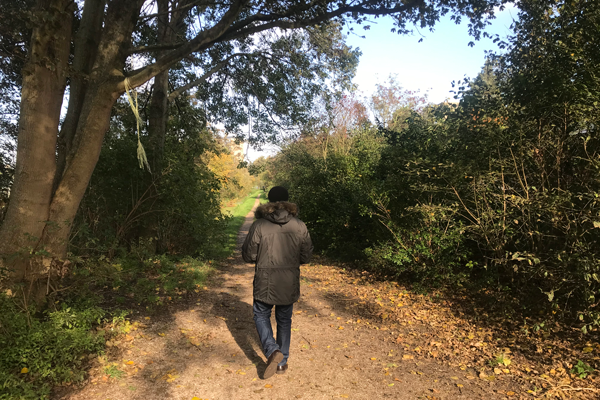
Wanted person
Earlier this year Gaca’s radio station, which is currently active online only in Burundi, published one of his stories. It was about a member of the opposition who had been put in jail without trial. ‘The problems began when the man crossed over to the ruling party and told them who he had spoken to. The authorities were calling on me to turn myself in. I refused. Instead, I went to stay at a guest house in another province. My wife kept getting calls asking about my whereabouts. She heard from someone she knew with connections inside the government that I was on a wanted persons list'.
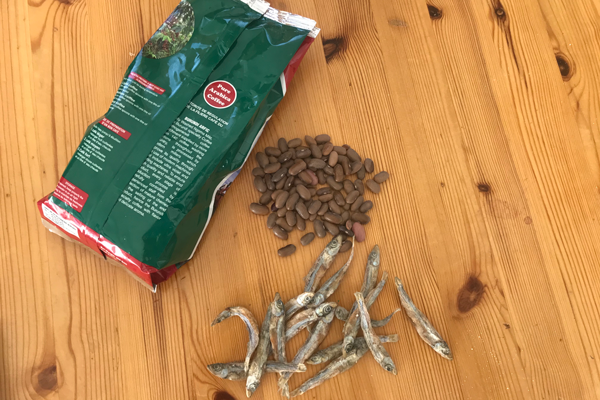
Alarming situation
According to international press freedom observers, the situation in the country is alarming. Many radio stations are closed, numerous journalists have left the country and those journalists who remain in Burundi may face threats, intimidation and worse. Gaca recounts the example of a colleague in television who was killed, along with his wife, two children and another family member.
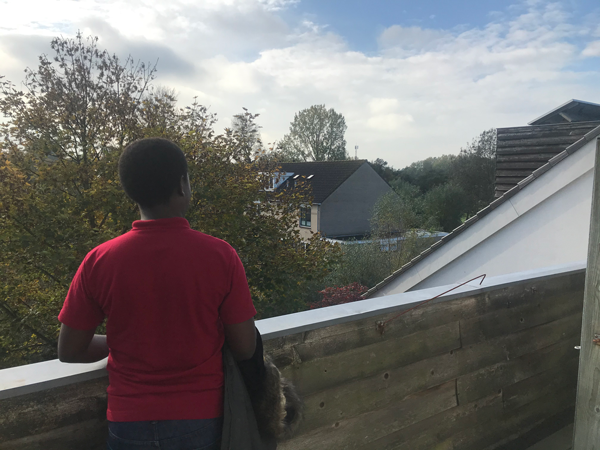
Gaca himself first experienced violence because of his work in 2015. ‘Armed police officers raided our radio station and set fire to it.’ Most of his colleagues have gone to Rwanda where they have begun setting up a news website. Gaca was among a handful of journalists who decided to stay behind in Burundi so they could continue telling the story of what was happening in their country first-hand. That’s what he did until this summer, when the risk for him became too great.
Intimidation tactics
With some help, Gaca was able to travel abroad in early October 2020. Crossing the border into Tanzania, however, was not without complication. ‘The police asked me: “Why are you leaving? Come back tomorrow or the next day .. unless you can pay.” Eventually I managed to make it to Dar Es Salaam.’ Once at the airport he again encountered problems. Immigration authorities informed Gaca that he could not travel to Europe because of the COVID-19 pandemic there. Fortunately, he was able to board the flight to Brussels just in time.
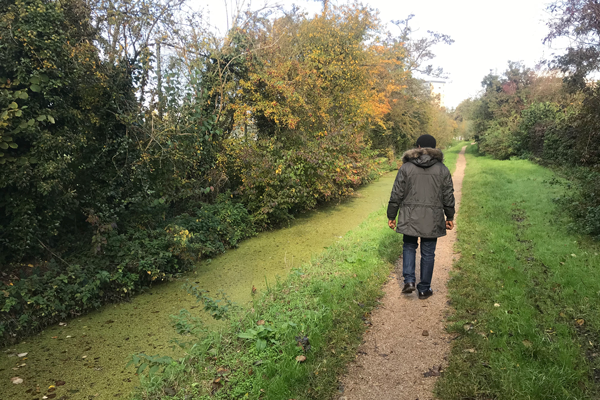
This is now Gaca’s third time seeking temporary refuge and safety abroad. Each time the authorities have tried to stand in his way. They’ve used intimidation, they’ve tailed him and on at least one occasion they tried to buy him. ‘A high-ranking official offered me a job, a uniform and money. I asked for some time to consider the offer, and then I went into hiding for a while. To make ends meet I’ve also worked as a vendor, and I didn’t mind it. But I always keep working as a journalist.’
Personal mission
Despite the danger Gaca’s work brings and the pressure it puts on his wife and family, he hasn’t considered stopping. ‘When I was a little boy my father bought me a transistor radio. And he said to me, “One day I’m going to hear you on here.” Since then I’ve wanted to be a journalist. After high school I studied communication. During that time I began to understand how important it is to tell the stories of injustice, violence and abuse of power. I wouldn’t feel good if I stopped doing this – it would be as if I had failed at my mission.’
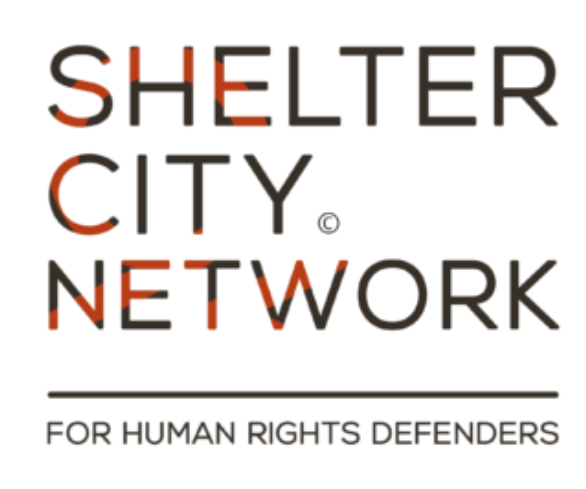
Providing Support and Protection for Human Rights Defenders
Shelter City is a global movement that creates safe and inspiring spaces for human rights defenders at risk. Through stays of up to three-months in a Shelter City, human rights defenders - including journalists - have the chance to rest and re-energise, develop skills, knowledge and resilience in order to continue their work in a more safe and effective way, access tailormade support, and engage with allies from all over the world.
Shelter City was founded in 2012 by Justice and Peace Netherlands as a concrete and accessible way to support the cause of human rights defenders at risk, with The Hague as the first Shelter City. Today, it is a growing movement of diverse cities, organisations and people working together to support human rights defenders, raise human rights issues, share knowledge, and reclaim civic space. There are currently 12 Shelter Cities in the Netherlands and five Shelter Cities in Georgia, Tanzania, Benin, and Costa Rica.